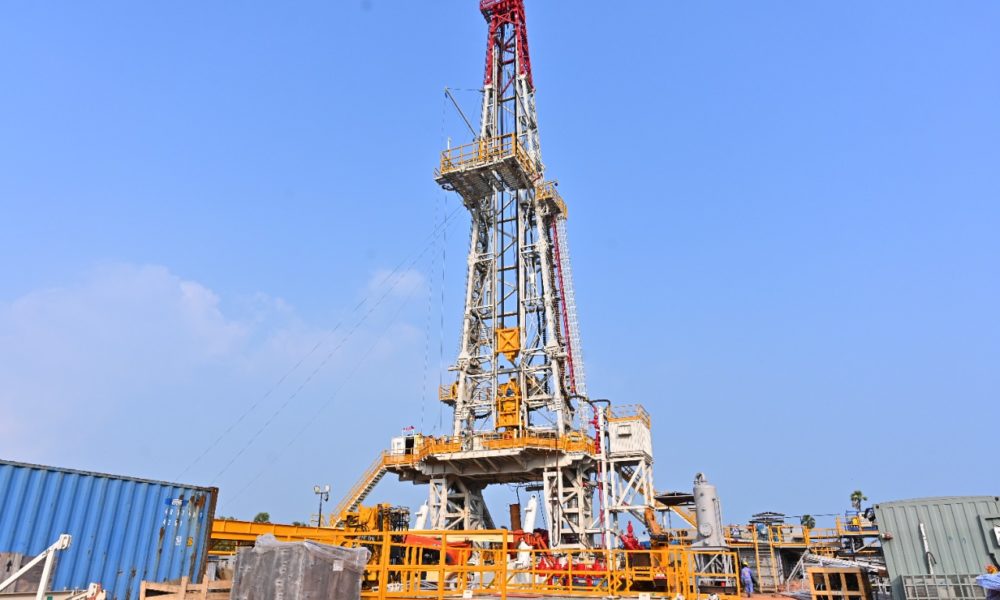In the global pursuit of sustainable energy solutions, the oil and gas industry stand at a crossroads. Long criticized for its environmental impact and contribution to climate change, the sector is now challenged to transform itself into a more sustainable force. One key catalyst in this transformation is the strategic adoption of oil and gas analytics, a powerful tool that not only enhances operational efficiency but also lays the foundation for the creation of a truly sustainable energy business.
Optimizing Operations for Efficiency
At the heart of the sustainable energy revolution lies the need for operational efficiency. Oil and gas analytics provide a lens into every facet of the industry, offering real-time insights into exploration, extraction, and production processes. By harnessing the power of data, companies can identify areas for improvement, streamline operations, and reduce waste, thereby enhancing overall efficiency and sustainability.
Resource Utilization and Waste Reduction
Analytics enable a granular understanding of resource utilization, allowing companies to optimize extraction processes and minimize waste. Whether it’s water usage in extraction or the efficient utilization of raw materials, data-driven insights empower businesses to make informed decisions that align with sustainable practices.
Environmental Impact Mitigation
Addressing the environmental impact of oil and gas operations is a critical aspect of creating a sustainable energy business. Analytics play a pivotal role in monitoring and managing emissions, ensuring compliance with environmental regulations, and identifying opportunities for reducing the industry’s carbon footprint. The result is a more environmentally conscious approach to energy production.
Predictive Maintenance and Asset Longevity
The longevity of equipment is paramount to sustainability. Oil and gas analytics facilitate predictive maintenance by analysing data on equipment health and performance. This proactive approach not only minimizes downtime and operational disruptions but also extends the lifespan of equipment, contributing to overall sustainability.
Energy Management and Consumption
Energy consumption is a key consideration in the pursuit of sustainability. Analytics enable companies to monitor and manage energy usage effectively. By identifying inefficiencies and optimizing energy consumption, businesses can reduce their environmental impact and contribute to a more sustainable energy future.
Market Trends, Forecasting, and Risk Management
Creating a sustainable energy business requires a keen understanding of market trends, forecasting future demand, and effective risk management. Oil and gas analytics empower companies to analyse market data, consumer behaviour, and global trends, enabling informed decision-making and risk mitigation strategies that align with long-term sustainability goals.
Cost Reduction Strategies
In a competitive market, cost reduction is vital for maintaining profitability and sustainability. Oil and gas analytics identify opportunities for optimizing costs without compromising safety or efficiency. This not only ensures financial viability but also positions companies for long-term success in the evolving energy landscape.
Renewable Energy Integration
As the energy sector shifts towards renewable sources, analytics aid in the seamless integration of renewable energy into existing infrastructures. By optimizing the use of renewable resources and balancing the energy mix, companies can transition toward a more sustainable and diversified energy portfolio.
Oil and gas analytics are not just tools for optimizing operations; they are the linchpin in the transformation of the industry toward sustainability. By harnessing the power of data, companies can make informed decisions that enhance efficiency, reduce environmental impact, and position themselves as leaders in the creation of a truly sustainable energy business. As the energy landscape evolves, the strategic adoption of analytics is not just an option but an imperative for those committed to shaping a more sustainable future.





